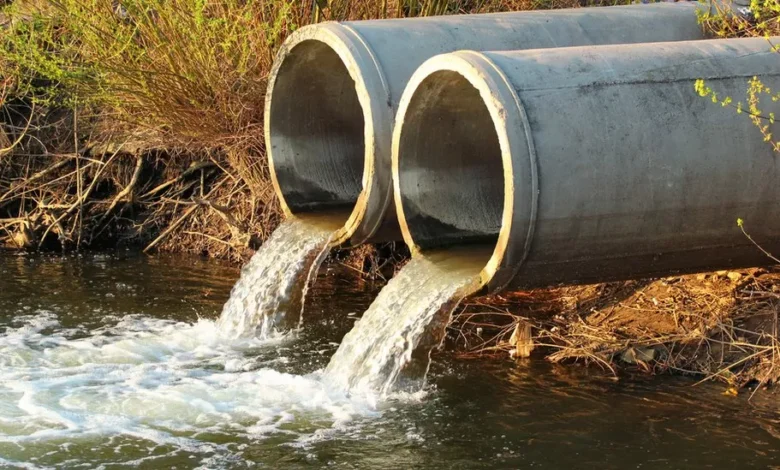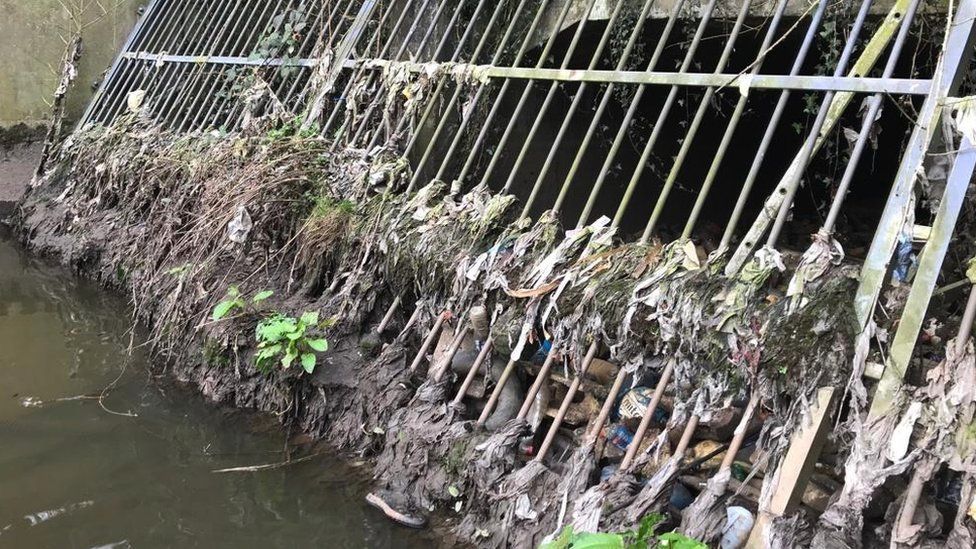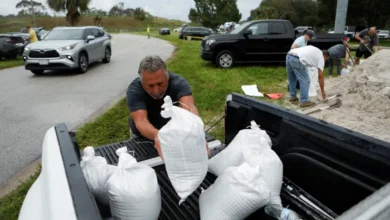Thames, Yorkshire and South West Water bosses refuse bonuses over sewage spill

Bosses at three of the UK’s water companies have decided not to take their annual bonuses after widespread public criticism over sewage pollution.
Thames Water’s Sarah Bentley said it did not “feel right” to take the bonus, along with South West Water’s Susan Davy and Yorkshire Water’s Nicola Shaw.
The BBC has contacted the eight other major water companies to see if they will follow suit.
Campaigners have called for all UK water firm CEOs to waive their bonuses.
Ms Bentley received a £496,000 bonus last year while Ms Davy was handed £522,000. Ms Shaw has only recently joined Yorkshire Water but last year it paid out £878,000 in bonuses to directors.
Thames Water said its chief financial officer Alastair Cochran would also decline his bonus.
In 2022 the Liberal Democrats urged the British government to ban bonuses for water company bosses until sewage offences stopped.
The party said its analysis showed firms in England had paid executives nearly £27m in bonuses since 2020.
It said the numbers were “obscene” given 1,000 sewage spills a day were recorded in 2021.
Those figures have only got worse – Thames Water was last year named as among the worst performing companies for polluting waterways by regulator Ofwat.
In March a House of Lords committee said water bosses should not receive bonuses while targets were being missed and the environment was being polluted.
It also criticised Ofwat, for failing to ensure companies had invested enough in infrastructure.
The government has said it is making water companies invest £56m to modernise infrastructure, much of which is decades old.
Thames Water said it was spending £1.6bn to modernise its sewage infrastructure and expand its team of leak engineers.
“Nevertheless, the turnaround plan is not yet where I want it to be… against this backdrop it simply doesn’t feel right to take my bonus this year,” Ms Bentley said.
But the pressure is on Thames Water. In March it was told by the Environment Agency (EA) to fix water leaks as part of its plans to tackle drought problems.

South West Water has faced similar levels of criticism. Last month it was fined a record amount of more than £2.1m after it admitted causing pollution in Devon and Cornwall.
And in November it was told to “urgently address” the impact of waste water discharges by Cornwall Council by curbing bonuses and dividends rather than increasing costs to consumers.
The company said the money Ms Davy would have received would instead go directly to customers via a shareholder scheme or be taken as a credit on their bill.
Annual reports from Yorkshire Water show Ms Shaw could have received up to £800,000 if the company met its performance targets for the year.
“I understand the strength of feeling about the issues linked to river health which is why I’ve decided that this year I won’t be accepting a bonus,” she said. “This is the right thing to do,” she added.
‘Openness and transparency’
The move by the three chief executives has been welcomed by the Consumer Council for Water.
Chief executive Emma Clancy said: “Bonuses add to people’s current frustration with the water industry and they would like much more openness and transparency on this issue.”
But the Clean Rivers Trust said a nationwide overhaul of the sewage system was needed to cope with the growing population.
“Sewers that are discharging are having to take far more sewage as house building continues and the system can’t cope,” director Harvey Wood said. “The sewer system in this country is shot.”










